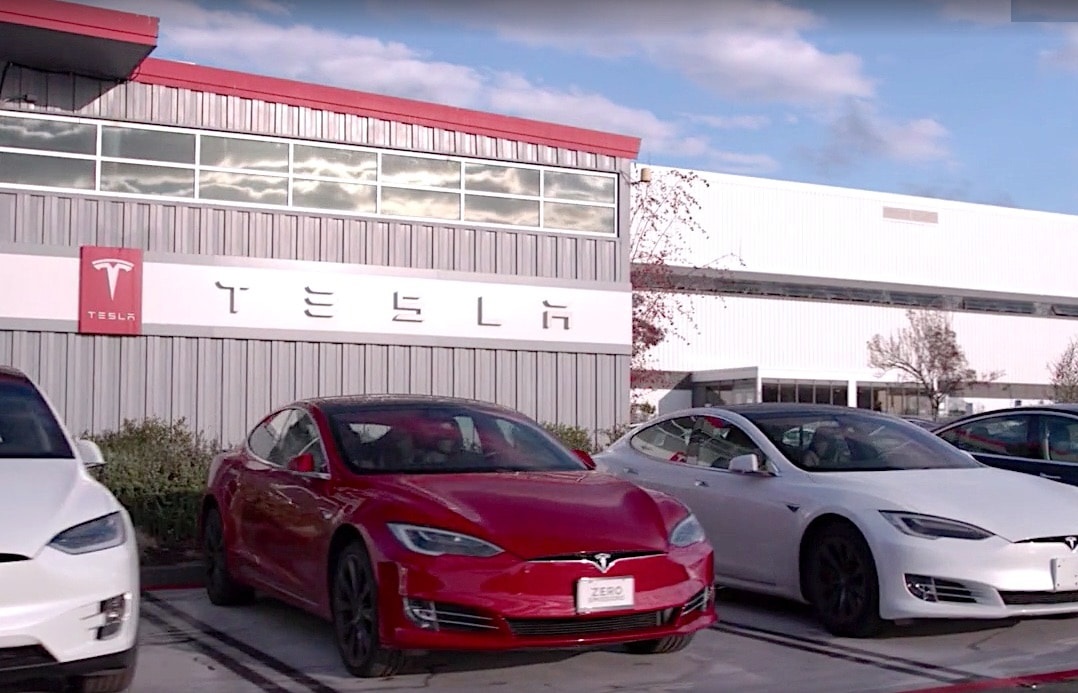Tesla Must Pay $137M to an Ex-Worker Over This
It was a big pay day in court for Owen Diaz, a former Tesla employee.
The electric vehicle maker has been ordered to pay Diaz $137 million over a hostile work environment and racism that he had endured while working at the company as an elevator operator.
A San Francisco federal court decided on Monday that Tesla must pay the settlement. The jury awarded more than attorneys asked for their client, including $130 million in punitive damages and $6.9 million for emotional distress.
Diaz told the court that colleagues used epithets to denigrate him and other Black workers, told him to “go back to Africa” and left racist graffiti in the restrooms and a racist drawing in his workspace.
According to Diaz’s attorneys, J. Bernard Alexander with Alexander Morrison + Fehr LLP in Los Angeles and Larry Organ with the California Civil Rights Law Group in San Anselmo, the case was only able to move forward because Diaz had not signed one of Tesla’s mandatory arbitration agreements.
“We were able to put the jury in the shoes of our client,” Alexander told CNBC. “When Tesla came to court and tried to say they were zero tolerance and they were fulfilling their duty? The jury was just offended by that because it was actually zero responsibility.”
A shareholder activist, Nia Impact Capital, has asked Tesla’s board to study the effects of mandatory arbitration agreements on the company.
In a recent shareholder proposal Nia Impact Capital wrote:
“The use of mandatory arbitration provisions limits employees’ remedies for wrongdoing, precludes employees from suing in court when discrimination and harassment occur, and can keep underlying facts, misconduct or case outcomes secret and thereby prevent employees from learning about and acting on shared concerns.”
Tesla’s annual shareholder meeting is scheduled for Oct. 7 and will take place at Tesla’s new vehicle assembly plant under construction outside of Austin, Texas.
Tesla VP of People Valerie Capers Workman wrote in a blog post, “In addition to Mr. Diaz, three other witnesses (all non-Tesla contract employees) testified at trial that they regularly heard racial slurs (including the n-word) on the Fremont factory floor. While they all agreed that the use of the n-word was not appropriate in the workplace, they also agreed that most of the time they thought the language was used in a ‘friendly’ manner and usually by African-American colleagues.”
She said that Tesla had made changes since 2016 when Diaz last worked for the company, including adding a Diversity, Equity & Inclusion team.
Disclaimer: We have no position in any of the companies mentioned and have not been compensated for this article.


